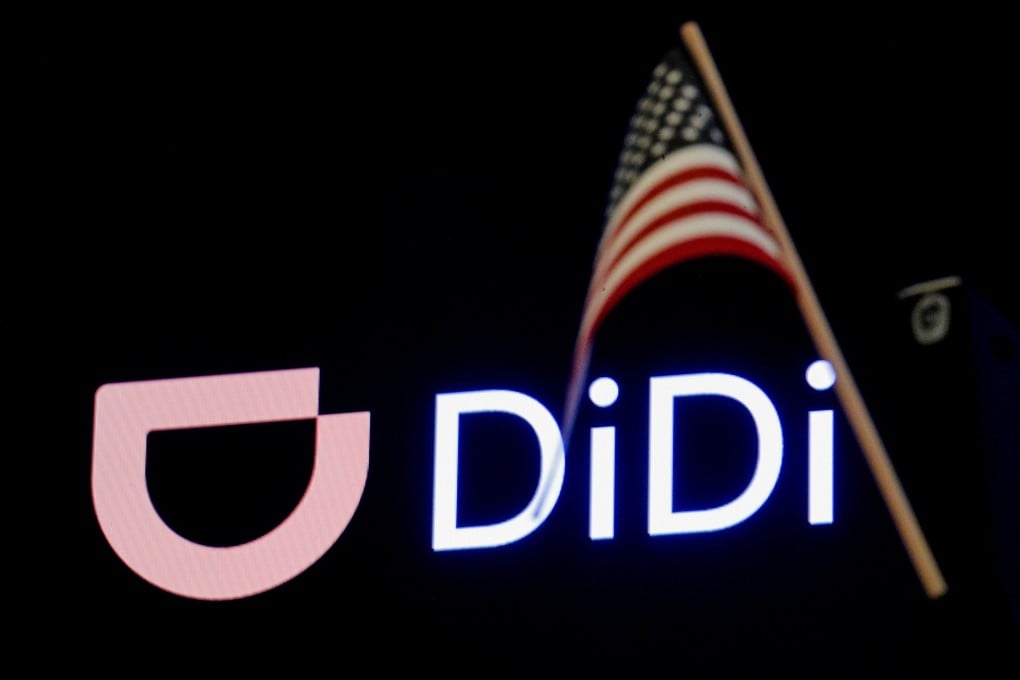Advertisement
Opinion | How Big Tech crackdowns in US, China are driving technological decoupling
- Although political considerations have led China and the US to take similar approaches towards Big Tech, the domestic political context differs significantly
- Policy approaches stemming from this disparity are driving the US and China further apart
Reading Time:3 minutes
Why you can trust SCMP
2

Despite all their differences and disagreements, the United States and China have both recently launched attacks against big technology giants.
In the US, the Federal Trade Commission has accused Facebook of breaking antitrust laws by monopolising through vertical and horizontal acquisition of social media start-ups and well-established competitors such as Instagram and WhatsApp. Facebook’s massive collection of user data makes it possible to impose digital colonialism and profit from its users.
Similarly, Didi Chuxing is under investigation by Chinese regulators over charges of anticompetitive behaviour and disorderly capital expansion. In addition, its unauthorised collection and misuse of customer information prompted the government to remove Didi from app stores over data privacy concerns.
Advertisement
Chinese regulators are intensifying data protection and online scrutiny amid broader government moves to curb dominant internet platforms.
US antitrust enforcement methods can include fines, splitting up companies and undoing acquisitions. A lack of enforcement can be seen, though, as Big Tech firms exert more influence on policymaking by spending large amounts of money lobbying the government.
Advertisement
US agencies and courts employ more aggressive antitrust remedies to confront monopolistic behaviour. However, they have not cracked down on the tech giants, which can be a form of national strength and civic power.
Advertisement
Select Voice
Choose your listening speed
Get through articles 2x faster
1.25x
250 WPM
Slow
Average
Fast
1.25x

